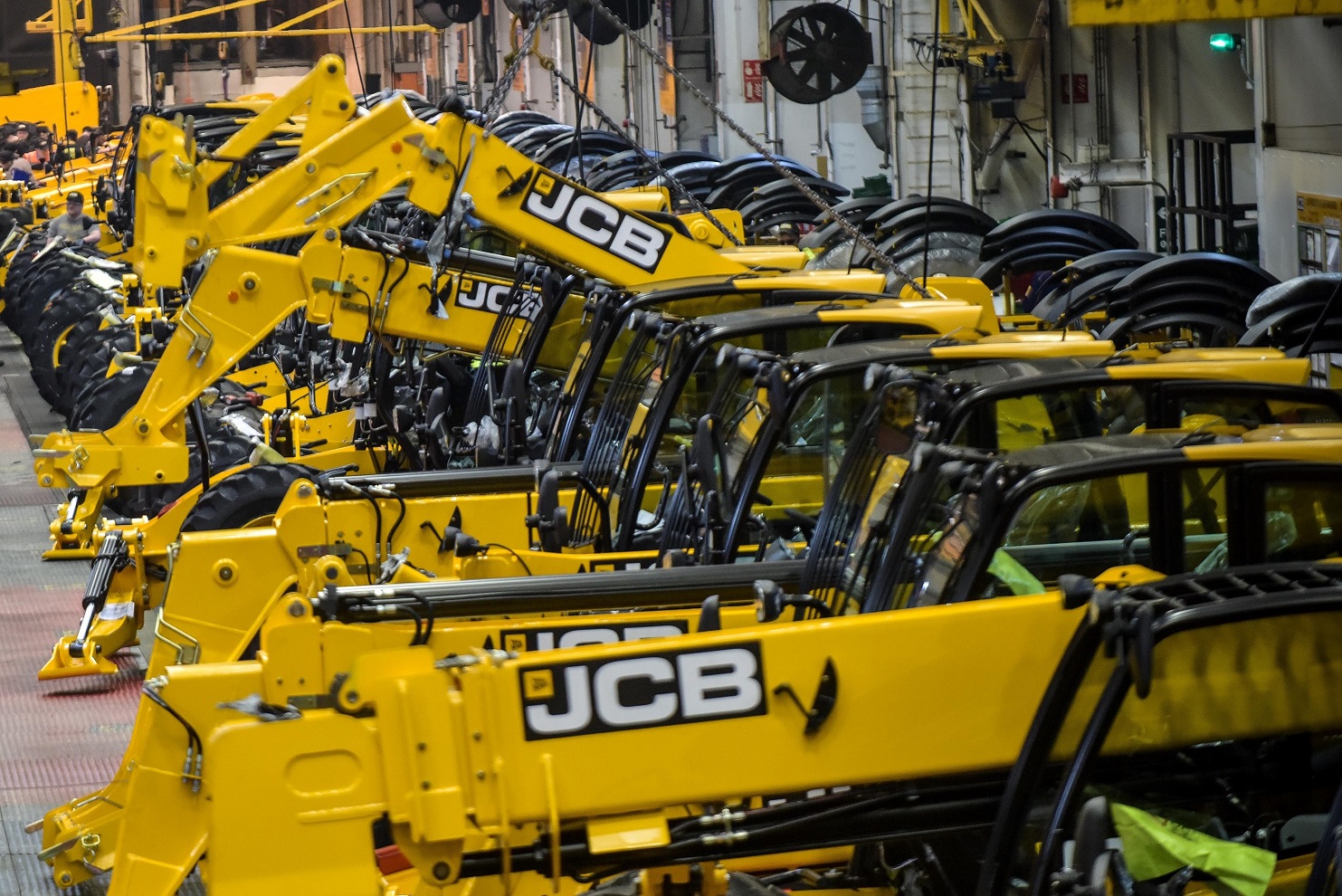
The equipment manufacturer said the move will mean a shorter working week for around 4,000 JCB and agency shop floor employees from today (Monday February 17). This follows an immediate suspension of all overtime.
The measures have been discussed with the GMB union and will see the introduction of a 34-hour week for UK production employees until further notice. JCB employees will be paid for a 39-hour week and will bank the hours, working them back later in the year.
JCB chief operating officer Mark Turner said: “The disruption to the component supply chain in the UK comes at a time when demand for JCB products is very strong, so while this course of action is very unfortunate, it is absolutely necessary to protect the business and our skill base.
“Production in the UK has so far been unaffected by the situation in China. However, more than 25% of JCB’s suppliers in China remain closed and those that have reopened are working at reduced capacity and are struggling to make shipments."
Turner added that it was therefore clear that the inbound supply of certain components from Chinese partners will be disrupted in the coming weeks as they seek to replenish their stocks.
"This inevitably means we will not have the required amount of parts needed to build our forecast number of machines in the short term,” he said.
Turner said that the measures JCB is taking will ensure that, while it will produce machines in lower than anticipated numbers, it will do so with the same number of employees, whose skills will be needed to fulfil customers’ orders when the situation returns to normal.
He added that JCB is keeping the situation under review and that it anticipates a surge in production levels once the period of supply disruption has passed.














